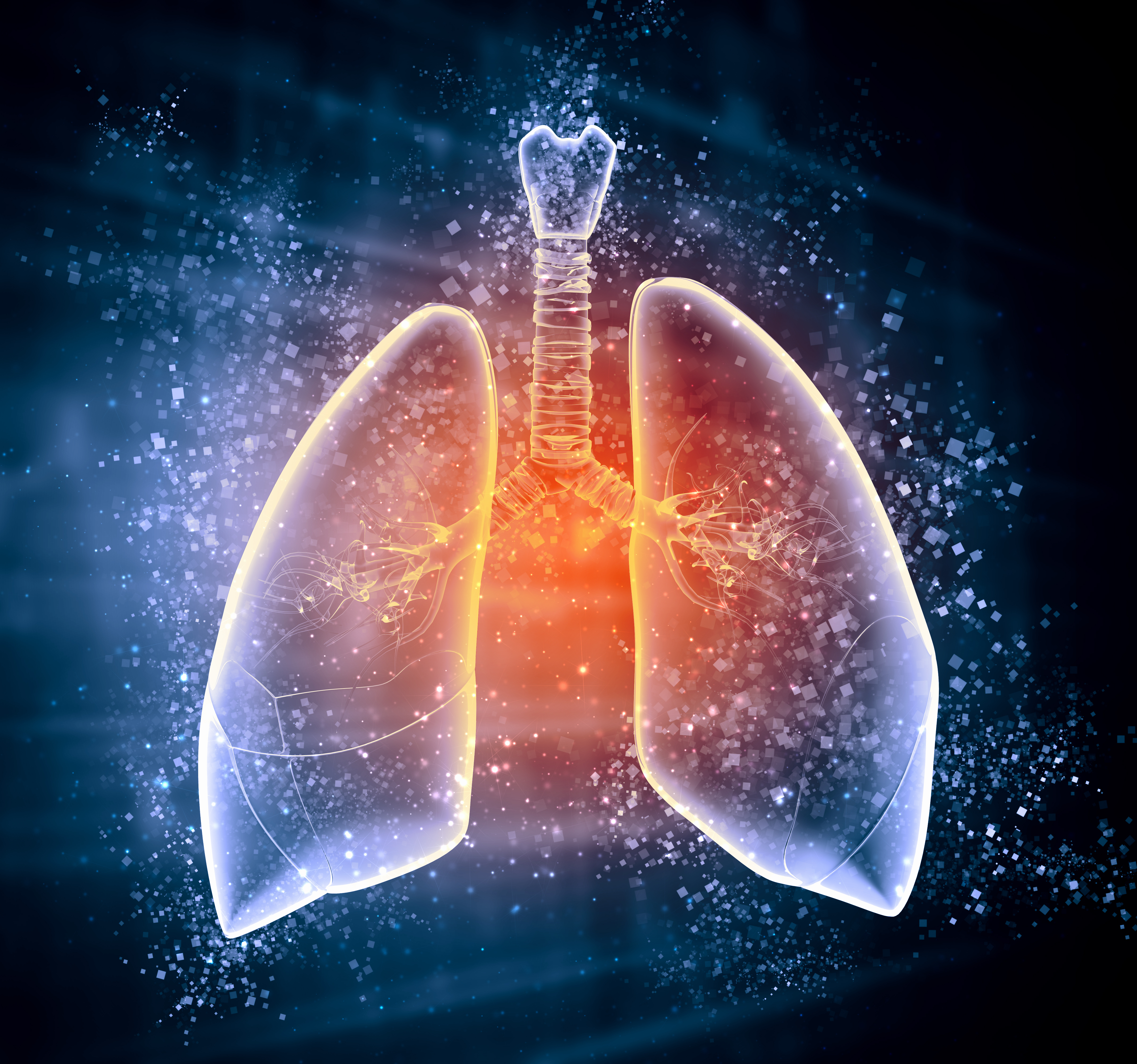A collaborative team of international researchers led by the University of Salford (US) in the UK have shown that there is a link between an incorrectly functioning cellular pumping mechanism in patients with cystic fibrosis (CF) and the most common human parasite, Toxoplasma gondii (Toxo). The study, entitled, “Infection by Toxoplasma gondii, a severe parasite in neonates and AIDS patients, causes impaired anion secretion in airway epithelia,” was recently published in the open access journal of the Proceedings of the National Academy of Sciences.
The researchers made this discovery by studying the epithelial cells in the trachea of both mouse models of CF and human patients diagnosed with the disease. They found that Toxo causes the chloride pumping system, which releases chloride irons to produce a surface liquid lining in order to prevent airborne pathogens from being inhaled, to not function properly. This improper functioning was found to be due to a receptor called P2Y2-R, which picks up the signals to switch on this pump that is blocked during a Toxo parasitic infection.
This is the first study that indicates a connection between infection with Toxo and a defect in the chloride pumping system being linked to diseases such as CF.
In a University press release about the findings, Dr. Geoff Hide, PhD, Professor of Parasitology at the School of Environment & Life Sciences and lead study author stated, “This is a very important finding as this parasite is thought to infect around 10% of people in the UK and 30% of people globally. While the parasite normally does not affect us, in some cases, such as, during pregnancy or immune system illnesses, it can cause considerable harm, including impairment of lung function.”
The study’s findings could be vital in developing new therapeutic targets in the future.
CF is a chronically progressive life-threatening disease caused by a genetic mutation that disrupts the body’s ability to hydrate and effectively clear mucus in the lungs and/or digestive tract. According to the CDC, in the US, approximately 1,000 new cases are diagnosed each year with more than 75% of those patients under the age of two. An estimated 30,000 children and adults in the US and 70,000 worldwide have the disease. Patients diagnosed with CF have a lifespan of approximately 30 years, with many patients living into their forties.
[adrotate group=”9″]
The genetic mutation that causes CF affects the normal functioning of the lungs and digestive system by creating abnormal amounts of very sticky mucus that covers the lungs, pancreas, and other important organs of the respiratory and digestive systems. This sticky mucus attracts foreign pathogens, such as viruses and bacteria, making patients more susceptible to infectious diseases (i.e. pneumonia). The high microbial burden causes inflammation of the lung tissue and a high likelihood of tissue destruction due to the frequency of infections.

